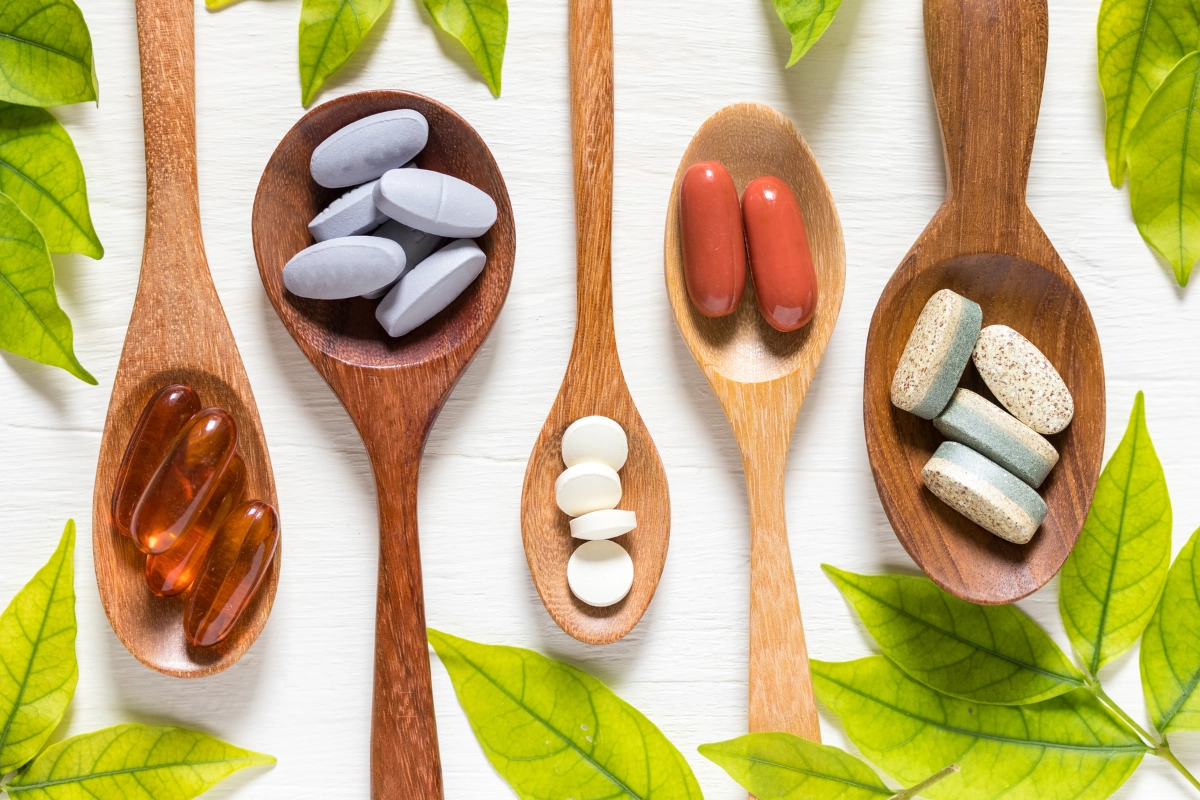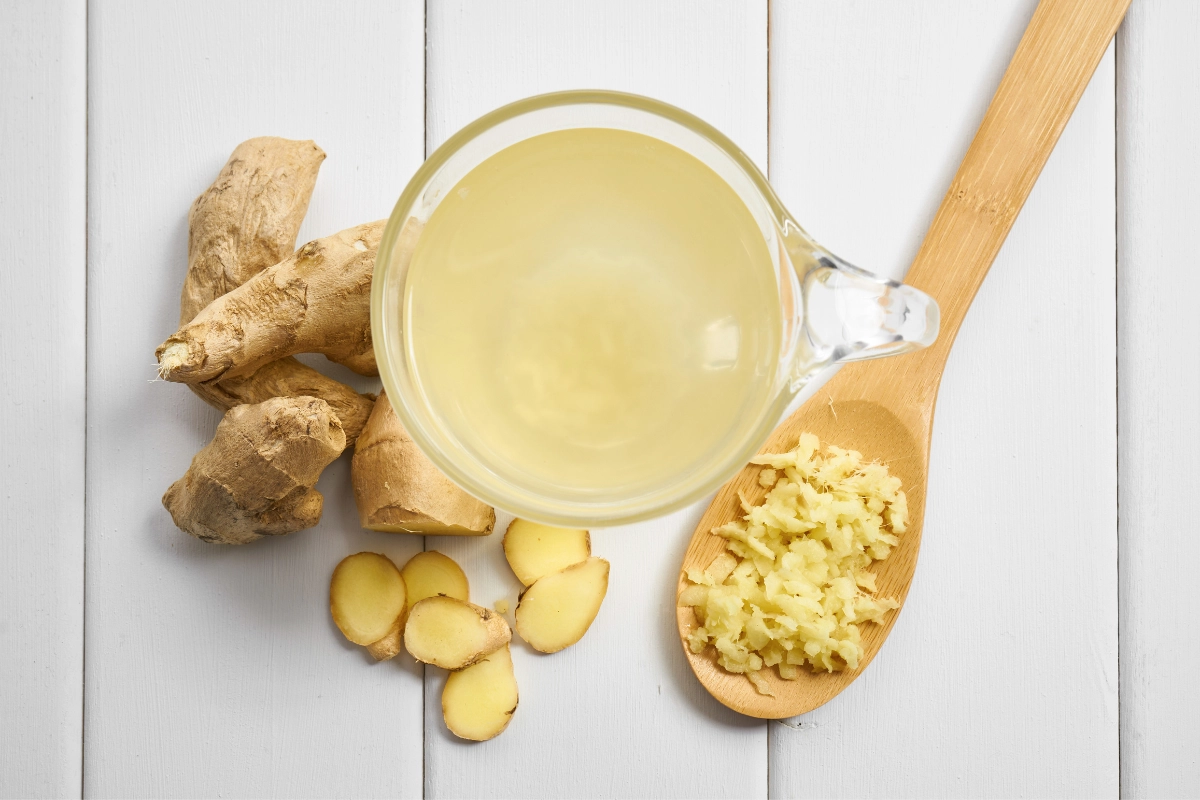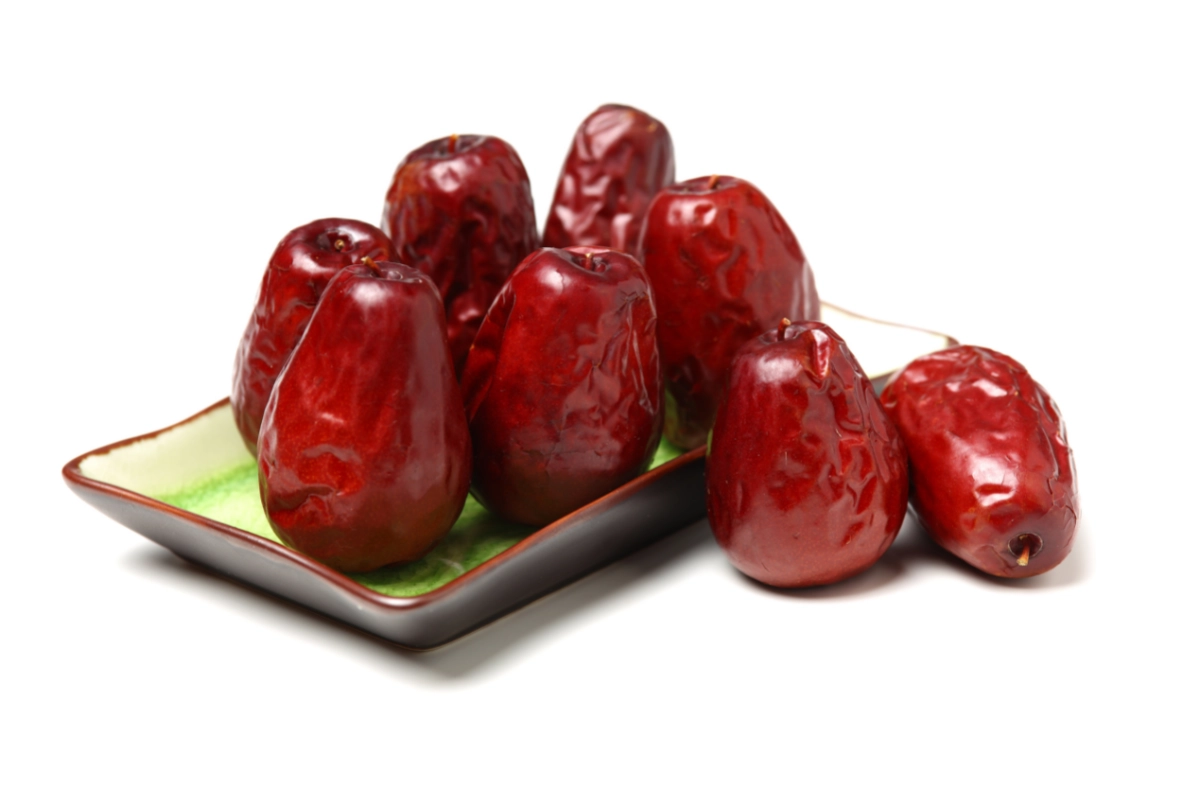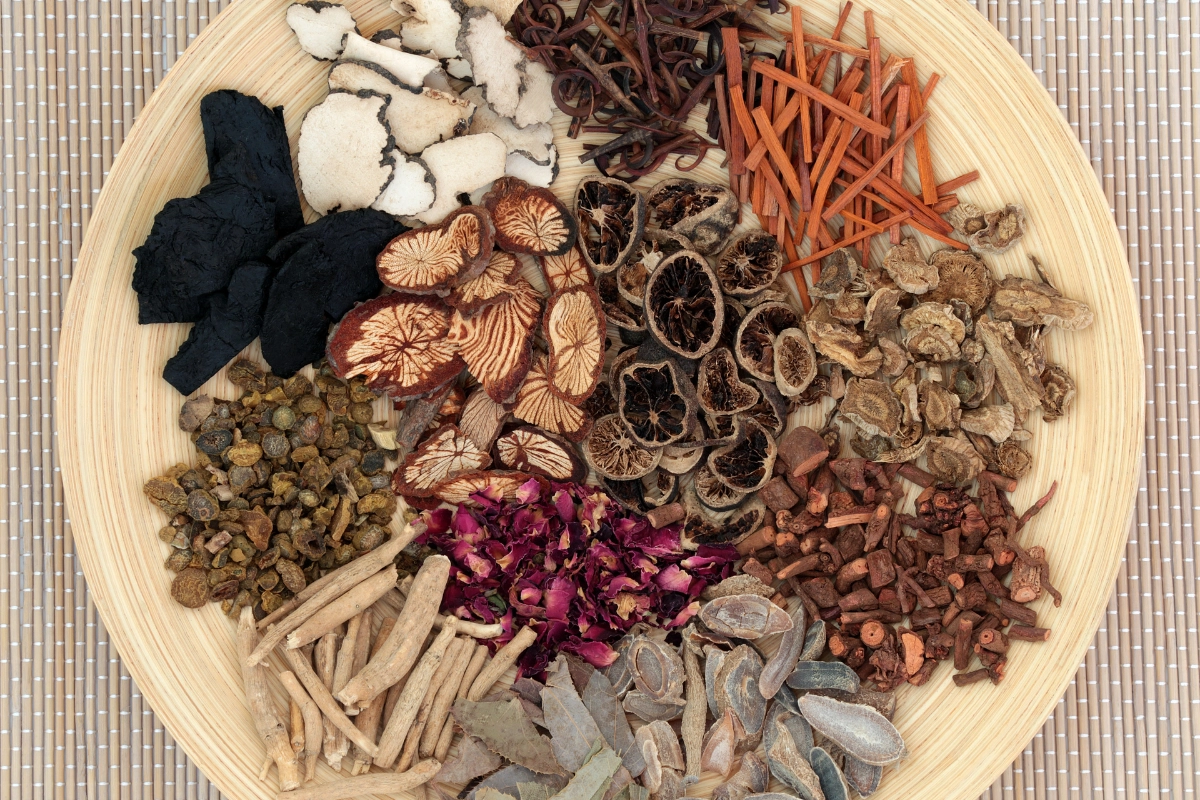White blood cells vs red blood cells and why we should care. A routine blood count test measures the types and numbers of different cells in your blood. This can help your doctor assess general health, diagnose disease, and monitor conditions such as infection or anemia. The components of a routine blood count include red and white blood cell counts, hemoglobin, hematocrit levels, platelet counts, and other variables.
Symptoms of low red blood cell counts, or anemia, include fatigue, pale skin, shortness of breath, dizziness, headaches, and loss of appetite. Symptoms of low white blood cell counts, or leukopenia, are recurrent infections due to the decreased ability to fight off pathogens.
When patients receive a blood cell count that is outside the normal reference range, it is important to consult with a doctor and determine whether further testing should be done. Since there are many different conditions and diseases which can cause abnormal results, getting an accurate diagnosis of the underlying cause is imperative. If your results come back as abnormal, be sure to get tested again in a few weeks to compare the results and get an idea of any changes that have occurred.
Nutrition is essential for any healthy lifestyle. Increase your red and white blood cell count naturally with these expert-backed tips.
Eating Right
Eating right is the first step to keeping your red and white blood cell count up. While there are several factors that can contribute to a healthy red and white blood cell count, such as regular physical activity and certain medical treatments, certain vitamins and minerals play an important role in ensuring healthy levels of these cells. Eating a healthy, nutrient-rich diet is the most important thing you can do to keep your blood cells balanced. It is essential to get plenty of vitamins and minerals from fresh fruits, vegetables, lean proteins, and whole grains. Additionally, regular exercise helps to improve the circulation of your blood cells and boost your immune system. Finally, staying hydrated is also important for ensuring your blood cells stay balanced.

Eat High Iron Foods
Eating foods high in iron is an essential part of keeping your red and white blood cell count balanced. Iron helps to produce hemoglobin, which is not only a necessary component of the red blood cells, but also helps transport oxygen around the body. Try adding foods such as lean beef, shellfish, leafy vegetables, and dark chocolate to your diet for a boost in iron levels.
People with stomach ulcers, hemochromatosis (a condition characterized by excessive absorption of iron), and certain types of anemia should not take iron supplements because their bodies are unable to properly process it and it can be toxic in high doses. Anyone taking medication for heart failure or inflammation should also avoid taking iron supplements as they can interfere with their treatment.
Eat Foods high in Omega 3s
Omega-3 fatty acids have been shown to have a beneficial effect on the healthy growth and development of red blood cells. Studies suggest that omega-3 fatty acids help to increase the production of red blood cells, which are vital for carrying oxygen throughout the body. They also may help reduce inflammation in the bloodstream, which can contribute to better overall heart health. Also, research has also shown that omega-3 fatty acids can have a positive effect on white blood cells. Omega-3 fatty acids have been found to improve the activities and functions of white blood cells, such as increasing their ability to fight off harmful bacteria, viruses, and other microscopic invaders. Additionally, omega-3 fatty acids are known to help reduce inflammation in the body, which can lead to an overall improvement of immune system health.
Increase Vitamin C Intake
Vitamin C helps white blood cells function to their fullest extent, as it helps to produce antibodies that allow them to attack invading bacteria and viruses before they can do any additional damage. Try eating more citrus fruits like oranges, grapefruits, and lemons for a daily vitamin C boost, or take it in the form of a supplement if you don’t like the taste of the fruit. Certain vegetables such as broccoli, peppers, potatoes, and cauliflower are also high in Vitamin C and should be included in your diet.
Individuals with certain health conditions should take caution when taking vitamin C supplements, as the nutrient may cause a detrimental effect. People who have kidney stones, hemochromatosis (a condition where too much iron is stored in the body), a bleeding disorder, or reduced gastric production (stomach acid) should consult their doctor before taking large doses of vitamin C.

Get Enough Folic Acid and Vitamin B-12
Red blood cells need folic acid and vitamin B-12 to function properly. Folic acid helps the body use proteins more efficiently, promoting healthy red blood cell growth. Vitamin B-12 helps in forming new red blood cells, producing DNA, and preventing anemia. Foods like beef liver, salmon, enriched grains, and fortified cereals are all packed full of folic acid and vitamin B-12 so make sure you get your fill every day.
Those who have a Vitamin B12 deficiency or those taking certain medications such as methotrexate, trimethoprim, pyrimethamine, and phenytoin should avoid taking folic acid supplements. Other people who are advised not to take folic acid include pregnant women with a history of neural tube defects and those with hereditary folate malabsorption.
People with Leber’s Disease should not take B12 as it can cause permanent nerve damage. Those with pernicious anemia, or who have had gastric bypass surgery are also encouraged to avoid taking B12 supplements. Additionally, anyone on certain antibiotics, birth control pills, and anti-cancer drugs may need to avoid B12 supplementation. It is important to talk to a doctor before taking any folic acid or vitamin B12 supplements.
Consume Calcium and Magnesium Rich Foods
To ensure your overall health, it’s important to get daily doses of calcium and magnesium. These minerals help create healthy red blood cells, improve circulation, and aid in white blood cell growth. Consuming foods like leafy greens and yogurt with probiotics can help provide the calcium needed for a balanced diet. Magnesium-rich foods like legumes, nuts, and seeds should also be consumed to reach ideal nutritional levels.
People with kidney disease or kidney stones, high levels of calcium in the blood (hypercalcemia), or a history of heart arrhythmia should not take calcium and magnesium supplements without consulting a doctor first.

Have a Regular Exercise Routine
Exercising regularly can help you boost your red and white blood cell count. Working out keeps your vascular system in prime condition and increases the number of oxygen-rich red blood cells in circulation. Additionally, maintaining a regular exercise routine can also improve your body’s immunity against germs and diseases by increasing the number of white blood cells produced.

White Blood Cells vs Red Blood Cells and Ginger
Ginger is an amazing natural remedy to boost red blood cells and improve their functioning. It contains various antioxidants that help in increasing the count of these cells in your body, thus improving the overall health of the body. It can also prevent the destruction of these blood cells, which helps in maintaining a healthy balance of them within the body. Ginger also possesses anti-inflammatory properties, which help reduce inflammation and improve overall circulation by shielding red blood cells from damage and preventing their destruction. Ginger is a popular natural remedy for digestive issues such as nausea, indigestion, and heartburn due to its anti-inflammatory properties. Studies have also found that ginger can help protect healthy cells from damage and may even be effective in combatting certain types of cancer. Try some natural crystallized ginger for snacking!
Red Dates
Red dates or Jujube are one of the best foods to increase the red blood cell count in the body. They are rich in iron, vitamin B12, and folate, all essential for increasing hemoglobin levels in your body. Additionally, it is an incredible source of essential minerals like calcium, magnesium, phosphorus, selenium, and zinc that stimulate red blood cell production and promote healthy circulation.

Red dates and jujube may not be suitable for those who have an iron overload or who have too many healthy red blood cells. People with health conditions such as anemia, liver diseases, thalassemia, or other hemoglobin-related disorders should check with their doctor before taking either dates or jujube. People who have a high hemoglobin level should avoid taking red dates or jujubes. In addition, pregnant women and people with liver diseases are also not advised to consume these fruits as they may worsen the condition.
Astragalus Root
Astragalus is a potent tonic that has been used for centuries to treat various ailments including anemia due to its ability to stimulate red blood cell production as well as improve oxygen transportation throughout the body via its antioxidant properties. Astragalus Root is an excellent choice for boosting the health of your red blood cells and protecting them from damage.
However, those with autoimmune conditions, people taking immunosuppressant drugs, those with low blood pressure or a history of bleeding problems, and pregnant women should avoid taking astragalus root. It is also not recommended for young children due to possible interactions with certain medications.
Dang Shen
Dang Shen is another effective herb that can be taken to increase your red blood cell count naturally due to its high iron content as well as other beneficial active compounds such as Passiflora Incarnata extract. Dang Shen is traditionally used to invigorate the spleen and help strengthen the blood and healthy cells. The extract can enhance immunity by supporting the increased production of white blood cells including granulocytes which play an essential role against infection-causing agents.
While it can be beneficial for many people, it is not recommended for pregnant or nursing women, children under 12 years of age, or anyone who has an existing health condition. Be sure to talk to your doctor before adding any herbs or supplements to your diet.
Dang Qui
Dang Qui is an incredible Chinese herb that has antioxidant properties and helps protect red blood cells from oxidative damage. Additionally, it helps boost your immune system by increasing T-cell levels and reducing free radical damage on healthy tissues. As a result, it can improve overall strength, and resilience as well as, help your body better cope with sudden threats like viral infections or exposure to toxins from pollution. Regular consumption of Dang Qui may help keep you fit and healthy even when exposed to different types of stressors.

As with all herbs and supplements caution should be used. People with certain health conditions such as hormonal imbalances, low blood pressure, and weakened immune systems should avoid taking Dang Qui due to potential side effects. Additionally, pregnant, and breastfeeding women are advised to not use this herb as it can cause contractions of the uterus. Speak with your doctor before using Dang Qui.
Vitamin C
Vitamin C is an essential nutrient for strengthening the immune system, as it helps with forming enzymes related to protein synthesis. It’s also important for maintaining healthy levels of red blood cells in the bloodstream, as red blood cell production depends on adequate levels of Vitamin C. Getting enough Vitamin C each day can help protect us from common illnesses and keep our bodies functioning at their best.
More about Iron & Iron Supplements
Healthy blood cells require an adequate amount of iron to function properly. Iron supplements can be helpful for those who are unable to get the required amount through their daily diet. These supplements are typically composed of iron, with additional beneficial ingredients such as vitamins and other minerals that work in synergy to give extra antioxidant support. Taking these nourishing substances helps to ensure that the body has enough energy and minerals to keep up with a busy lifestyle without damaging internal organs or causing health issues down the road. Iron supplementation is key in maintaining healthy blood cells while living a full and active life. Again, be sure to talk to your doctor before adding any herbs or supplements to your diet.
In Conclusion, White Blood Cells VS Red Blood Cells
In conclusion, white blood cells vs red blood cells give us an overview of why a proper balance of blood cells is important to overall health. Healthy blood consists of red blood cells, white blood cells, platelets, and plasma. Red Blood Cells (RBCs) are responsible for transporting oxygen to body tissues and for removing carbon dioxide from those same tissues. White Blood Cells (WBCs) act as the body’s immune system, fighting off infection and any foreign substances that may enter the body. Platelets play a role in forming clots at injury sites and preventing excessive bleeding. Plasma is a pale-yellow liquid made of proteins, sugars, fats, salts, and hormones – it helps to maintain equilibrium within the blood vessels.
Read about Moro blood oranges here.
Read more about blood disorders here.
ADD ADHD Alzheimers antioxidants arthritis Best Sources of Omega 3 6 9 Fatty Acids cancer exercise fatty acids fatty fish fermented foods fish oil flax seed oil health benefits healthy diet Healthy Lifestyle healthy lifestyle benefits healthy lifestyle food Healthy Weight loss heart disease herring hummus indoor herb garden grow light indoor herb garden kits indoor herb garden on wall indoor herb garden planters jackfruit joint stiffness mackerel meditation mental health mushrooms oily fish omega-3 omega-3 fatty acids omega 3 6 9 risks and side effects Omega3tips.com salmon sardines super foods tuna unplug vitamins Weight loss wellness
Eating a balanced diet, exercising regularly, not smoking, and avoiding excessively drinking alcohol are simple steps that can help promote healthy blood cells. Additionally, taking vitamins, minerals, herbs, and other supplements could improve the quality of your blood cells. Finally, getting enough rest and managing stress are important steps to maintaining healthy blood cells.
When the balance of white and red blood cells is off, it can result in a variety of health issues such as fatigue, anemia, infections, weakened immune system, and even cancer. To keep healthy blood cells balanced, proper nutrition and lifestyle habits are important.


